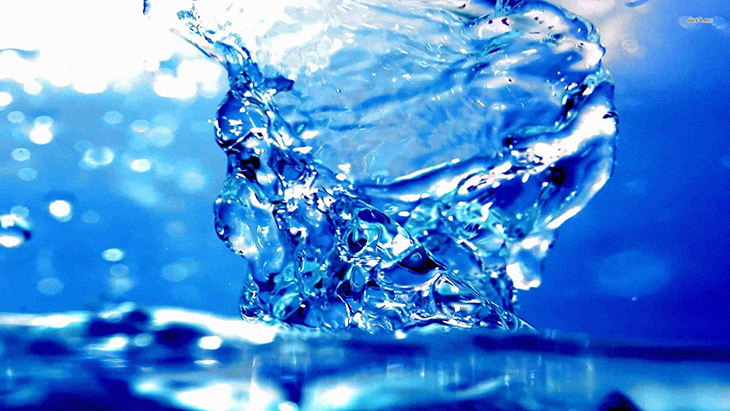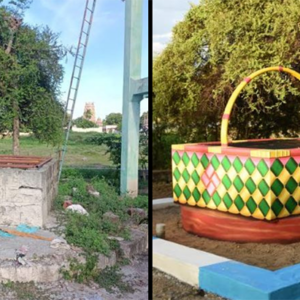
According to some estimates and reports, almost a third of the globe’s population is inaccessible to clean drinking water, while half of the world’s population could even be living in water-stressed areas by the year 2025. That’s why finding a solution to this major issue is an incredibly high priority with engineers and scientists from all around the world in order to improve and save millions of people’s lives.
At The University of Texas at Austin, engineers and scientists have developed a hydrogel tablet that has the ability to purify contaminated water in a rapid amount of time. Just one tablet is said to be able to disinfect one liter of river water, making it potable within just one hour or less.
According to associate professor in the Cockrell School of Engineering’s Walker Department of Mechanical Engineering and Texas Materials Institute, Guihua Yu, “Our multifunctional hydrogel can make a big difference in mitigating global water scarcity because it is easy to use, highly efficient and potentially scalable up to mass production.”
Currently, the main way to purify water to make it drinkable is to pasteurize or boil it. The problem with that is it takes extreme work, time, and moreover, energy. For people that live in certain parts of the world that lack the resources to do this, it’s just not practical or at times, even doable.
With these amazing hydrogels, they have the ability to ‘generate hydrogen peroxide to neutralize bacteria at an efficiency rate of more than 99.999%.’ How the hydrogen peroxide works is that it activates the carbon particles in order ‘to attack essential cell components of bacteria and disrupt their metabolism.’
Even more incredible is that the process takes no energy input, while not making any harmful or adverse byproducts in the process. Furthermore, these hydrogels can be removed easily once they are done, while not leaving residue either.
Aside from purifying water completely on their own, these hydrogels have the ability to improve on the prevalent process of solar distillation, which has been in place for thousands of years. This works by using sunlight to separate water from their harmful contaminants through vaporization.
These solar distillation systems usually have issues of biofouling, as well as the accumulation of microorganisms on the equipment it uses, making it malfunction at times. Since the hydrogels have the ability to kill bacteria, they can prevent buildup from occurring in the first place.
Co-leader of the project, as well as a professor from the McKetta Department of Chemical Engineering, Keith Johnston, explained, “A highly vigilant graduate student, Youhong Guo, discovered these hydrogels unexpectedly while doing something else, that is purification of water with sunlight.”
The research work was published in the journal Advanced Materials, and the team is currently looking into ways to improve upon the hydrogels by creating a wider variety of viruses and pathogens within the water to be neutralized. The team is also working towards commercializing numerous prototypes.
The research team also explain that manufacturing more of the hydrogels will be quite simple. Since the materials to make them are mostly inexpensive, and their synthesis processes are just as straightforward even when made in big numbers, they are relatively easier to reproduce. Plus, due to their ability to be shaped as needed, the researchers share that they are incredibly flexible for a variety of uses.
What are your thoughts? Please comment below and share this news!
True Activist / Report a typo


